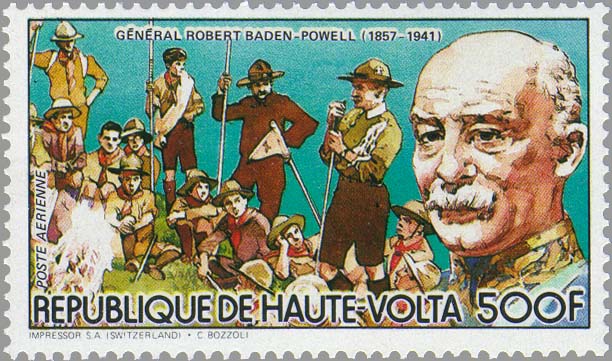
That changed in 1987, when disagreements over security and other strategic issues reportedly precipitated an October 15 coup, led by Compaoré, Zongo, and Lingani, that brought Compaoré to power. Personally quiet and self-effacing, Compaoré seemed content to leave the public business of politics in Upper Volta (renamed Burkina Faso in 1984) to the more charismatic Sankara and the other two coup organizers. Compaoré served as minister of state at the presidency (1983–87), essentially making him second in command in the regime, and also as minister of state for justice (1985–87).ĭo you think you can match these African leaders to the countries they’ve led? Test your knowledge with this quiz. Henri Zongo-helped organize the coup and the resulting regime, and all held positions of leadership in the country. Along with Compaoré and Sankara, two other military officers-Comdt. A year later, when another power struggle saw Sankara put in prison, Compaoré mustered the support of the commando unit at Po and, with Ghanian and Libyan help, led a coup on August 4, 1983, that installed Sankara as head of state. Thomas Sankara, resigned from his government post to protest policy decisions. He became deeply embroiled in national politics in 1982 when his friend and colleague, Capt. Compaoré was given charge of the national commando training centre at Po in 1981.

From 1978 to 1981 he served as head of section and later company commander in an Upper Volta paracommando regiment. He attended military college in Yaoundé, Cameroon, and received paracommando training in Rabat, Morocco. He resigned on October 31, 2014, following days of violent protest.Ĭompaoré was born into a family of the Mossi ethnic group, one of the dominant ethnic groups in Upper Volta, and was raised in the town of Ziniaré, near Ouagadougou.
#UPPER VOLTA WAS RULED HOW TO#

From tech to household and wellness products.
.jpg)

Britannica Classics Check out these retro videos from Encyclopedia Britannica’s archives.


 0 kommentar(er)
0 kommentar(er)
